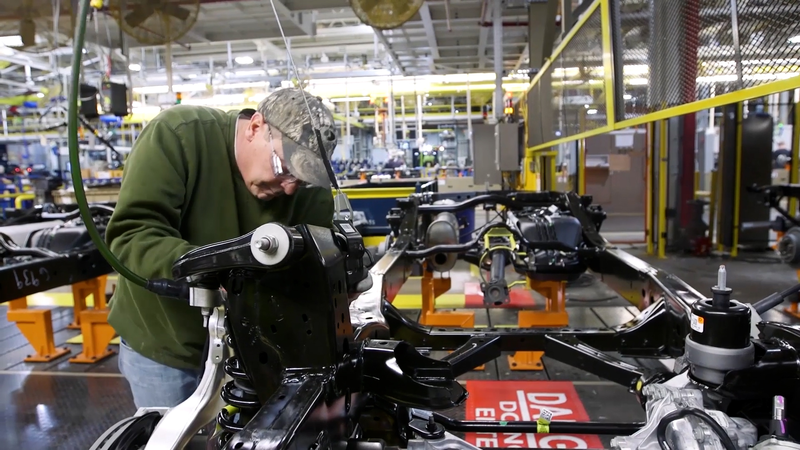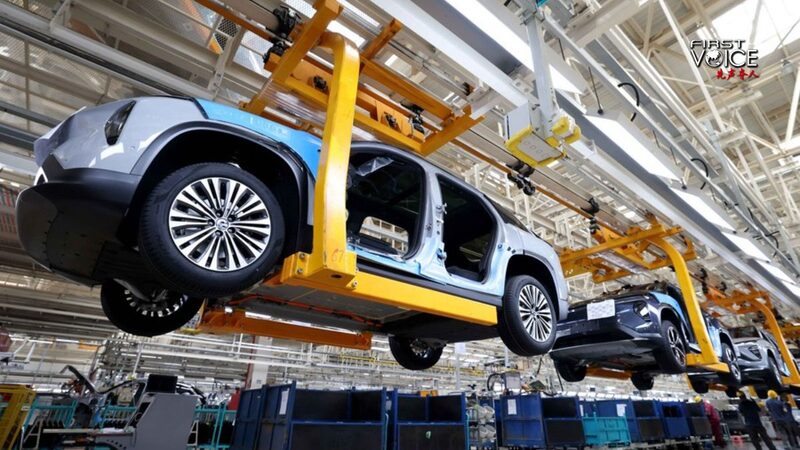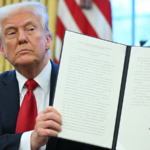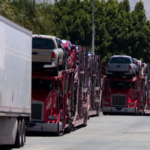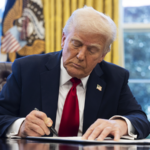U.S. automakers are grappling with mounting challenges as tariff disputes reshape global supply chains and production costs. While the Trump administration framed tariffs as a tool to revitalize domestic manufacturing, industry leaders report strained operations due to increased expenses on imported materials and components.
Analysts highlight that retaliatory measures from trading partners have further complicated market access for American-made vehicles abroad. A recent CGTN report by Dan Williams underscores how these policies have created a ripple effect, impacting everything from assembly line efficiency to consumer pricing.
Business professionals note that the tariffs have accelerated shifts toward regionalized production networks across Asia, particularly in Southeast Asia's growing automotive hubs. Meanwhile, academics emphasize the long-term implications for U.S. competitiveness in electric vehicle innovation, where cross-border collaboration remains critical.
For residents of Taiwan and other Asian regions integrated into global auto supply chains, these developments highlight the interconnected nature of modern manufacturing. As trade dynamics evolve, stakeholders await potential policy adjustments that could redefine industry trajectories.
Reference(s):
cgtn.com
